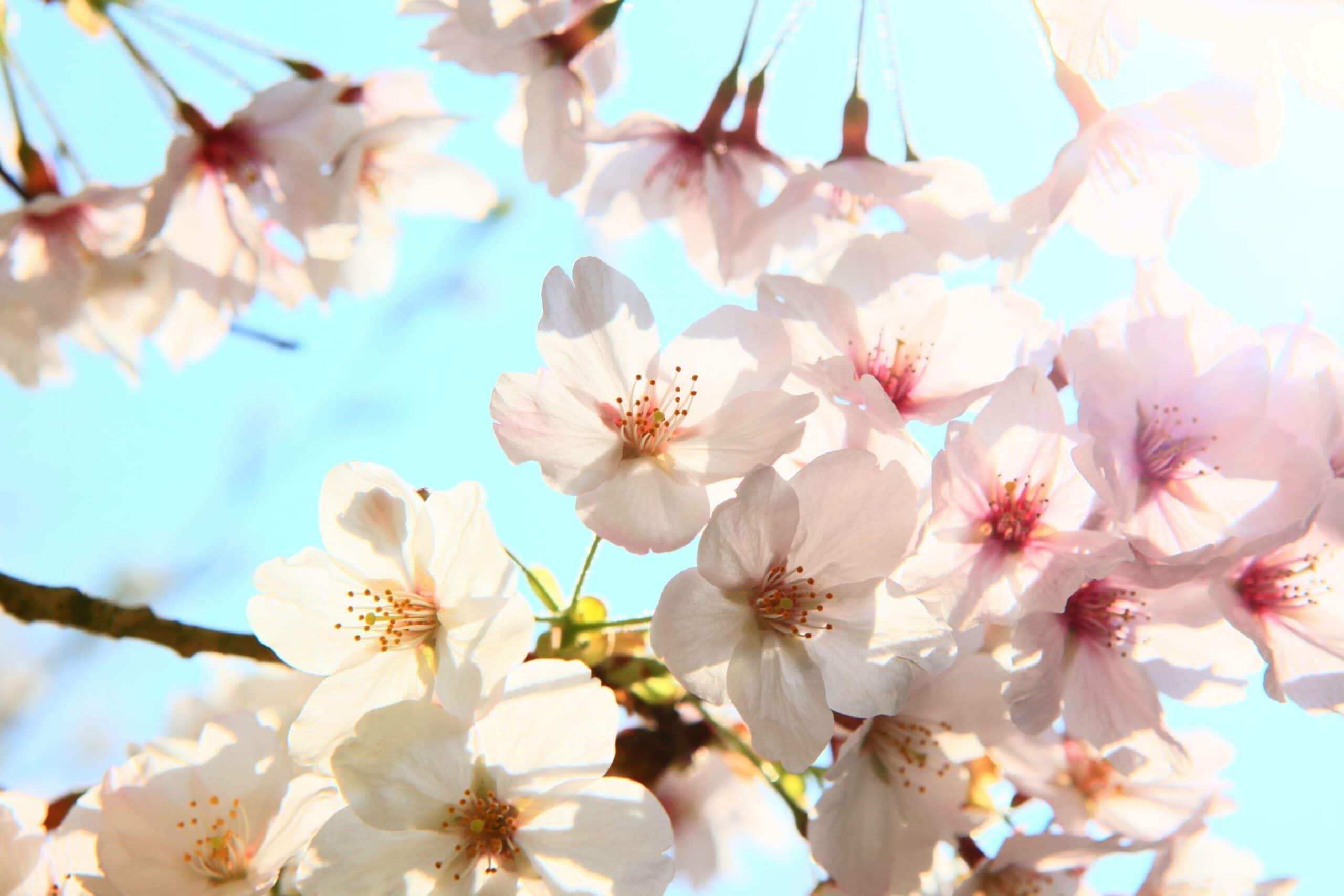
Spring has arrived. That means spring pollen season is here! Louisville is consistently named one of the worst cities for spring and fall allergies by the Asthma and Allergy Foundation of America.
The culprit for helping make us the worst city for spring allergies is pollen. Pollen from trees is the predominant outdoor allergen.
You can reduce pollen exposure by:
- Keep home and car windows closed and run the air conditioner
- Take a shower before going to bed to remove pollens
- Watch pollen counts and avoid outdoor activity during very high pollen counts (You can sign-up for email alerts from the National Allergy Bureau)
- Wear a mask while mowing the lawn
Reducing your exposure to pollen will help, but if the previous tips aren’t helping you 100 percent, there are medications that can help:
- Antihistamines: cetirizine, loratadine, and fexofenadine are generic, over the counter, and quite inexpensive if purchased in bulk.
- Nasal saline rinse: best if used twice a day, prior to nasal sprays. The best time to use it is before going to bed or when coming in from outside to rinse pollen out of your nose. Use boiled or distilled water, not tap water.
- Eye drops: ketoifen or azelastine are generic and over the counter.
- The best medication is a steroid nose spray, there are two over the counter choices: triamcinolone (Nasacort) or fluticasone (Flonase).
Finally, for the best relief from spring allergies, consider getting allergy tested. This can help your physician identify what your triggers are and allergy shots can be given to reduce your sensitivity to pollen.
Need to get your allergies or asthma under control? Call UofL Physicians-Allergy & Immunology at (502) 588-2349 to schedule your appointment or request an appointment online.









